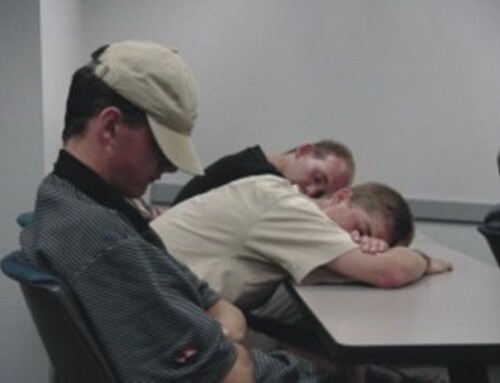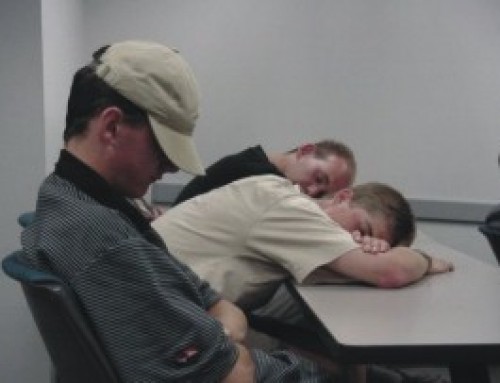SEVEN TIPS TO MAKE SURE YOU HAVE GREAT SOUND AT YOUR NEXT SAFETY DAY OR CONVENTION
 Lousy sound can ruin spectacular presentations. So, if you are planning a “safety day” or convention, making sure the sound system (and technicians who set up and run it) work well should be at the top of your “making this event a success” list. I’ve spoken at events where the sound was awesome and at others where it was horrible and everything in between. Here are a few things I’ve learned:
Lousy sound can ruin spectacular presentations. So, if you are planning a “safety day” or convention, making sure the sound system (and technicians who set up and run it) work well should be at the top of your “making this event a success” list. I’ve spoken at events where the sound was awesome and at others where it was horrible and everything in between. Here are a few things I’ve learned:
1) If you’re contracting the sound system make sure there will be somebody in the room when the program starts. Even if you’ve had sound checks, you need someone there who knows the system in case of a glitch. I’ve spoken at conventions where everything went fine until it was “show time.” Then the sound system did something funky and we didn’t know what to do about it. Whereas a person familiar with the system might know what the problem is right away.
2) Do two sound checks. If you can, do a thorough sound check the night before or first thing in the morning. I’ve seen sound systems fail and have to be replaced or needed maintenance so the more time you give yourself the better. If you wait until the last minute it could be a sound-system disaster. A second quick check a few minutes before the program starts is also a good idea.
3) Turn everything on that will be on during the program. A few weeks ago the lavaliere mic I was using kept on dropping out during our last-minute check. We had to turn off the hand-held mics during my talk.
4) Do a sound check on everyone presenting, including the MC. Your sound technician should do this. It will give him or her a heads up to volume level for different speakers.
5) Give all of your presenters instructions on how to use a microphone. I’ve been a professional speaker for over 25 years and I don’t mind at all getting a quick briefing about the “dos and don’ts” of mic. use. Get all the presenters together with the sound tech. This way everyone will hear the same advice.
6) Remember, an empty room is louder than a room full of bodies. If you are working the sound yourself be sure to have the volume up slightly higher than needed during the sound check. Once the room is full, some of the sound waves will be absorbed by clothing, and flesh.
7) Walk around with every wireless mic. Nothing is more irritating than squeals and squelches during a presentation. If there is a “hot” area let all your speakers know about it. I’ve seen where an area was roped off because the “noise” was so strong.
Though great sound won’t guarantee you’ll have great presentations, it will make a big positive difference in your attendees’ experience.
‘till next time.
Hawk





